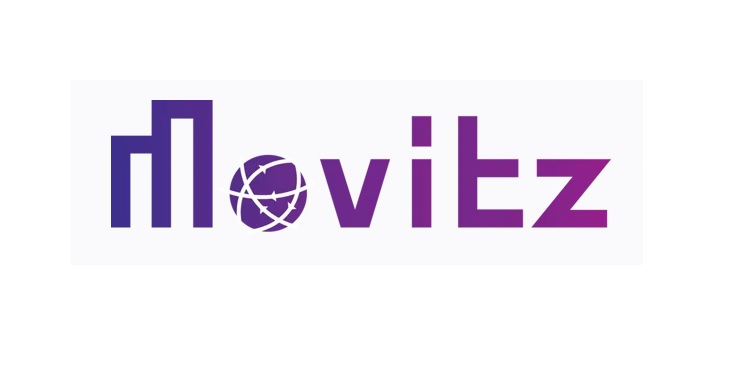Mastercard revealed that nearly one-third of its transactions in 2024 were tokenized, as indicated in a filing with the U.S. Securities and Exchange Commission (SEC). The company acknowledged the increasing competitive pressure in the rapidly evolving payments sector while emphasizing its commitment to digital finance. The firm underscored the transformative impact of technological advancements on the financial industry, highlighting how innovation is reshaping the landscape.
Role of Blockchain and Cybersecurity in Payments
The company pointed out that enhanced cybersecurity measures and blockchain technology are playing a significant role in revolutionizing payment systems. These technological developments have the potential to disrupt existing mechanisms and introduce more efficient solutions. Mastercard noted that such progress might pave the way for new technologies that could either surpass or replace current systems integrated into its services and programs. Additionally, these advancements could contribute to the development of innovative financial products, services, and payment options that cater to evolving consumer needs.
Growing Appeal of Digital Currencies
The firm highlighted the rising prominence of stablecoins and cryptocurrencies as viable alternatives to traditional payment methods. The increasing efficiency and continuous accessibility of these digital assets have driven broader adoption, particularly in business-to-business (B2B) transactions and merchant payments. Mastercard observed that the seamless nature of cryptocurrency transactions is making them an attractive option for businesses seeking round-the-clock financial operations.
Regulatory Influence on Digital Currency Adoption
Mastercard also acknowledged the potential regulatory factors that could accelerate the adoption of digital currencies. The company noted that governments worldwide are actively exploring central bank digital currencies (CBDCs), which could lead to the formation of specialized financial networks. Such developments may influence Mastercard’s role in facilitating CBDC-based payment transactions, thereby affecting the volume of transactions processed through its network.
As digital finance continues to evolve, Mastercard remains focused on adapting to these changes while maintaining its position in the competitive payments industry. The company’s emphasis on tokenization, blockchain integration, and digital currency adoption reflects its broader strategy to stay ahead in an increasingly digital financial ecosystem.









